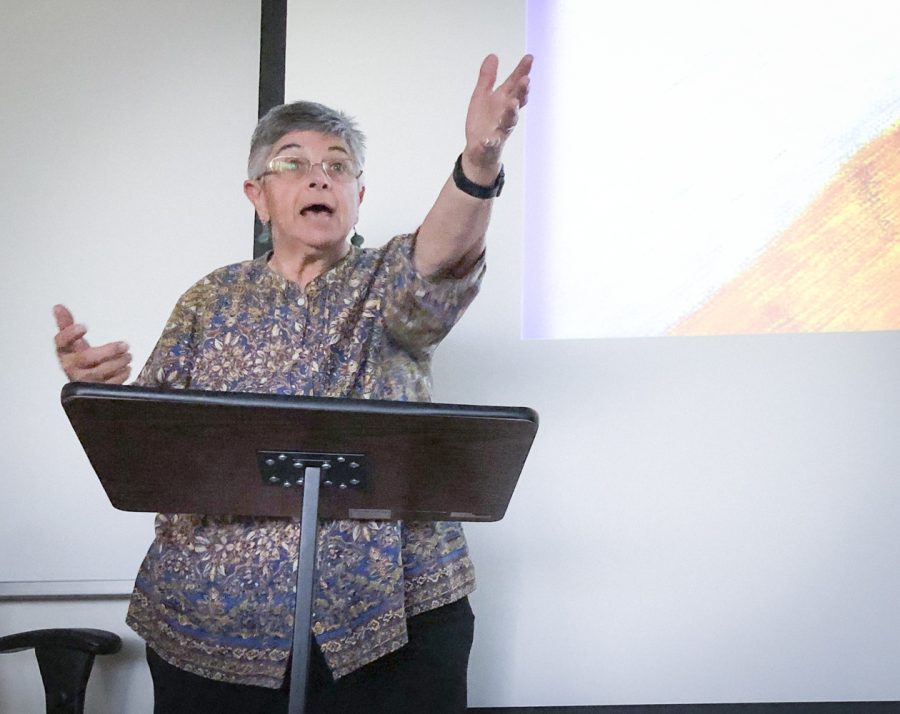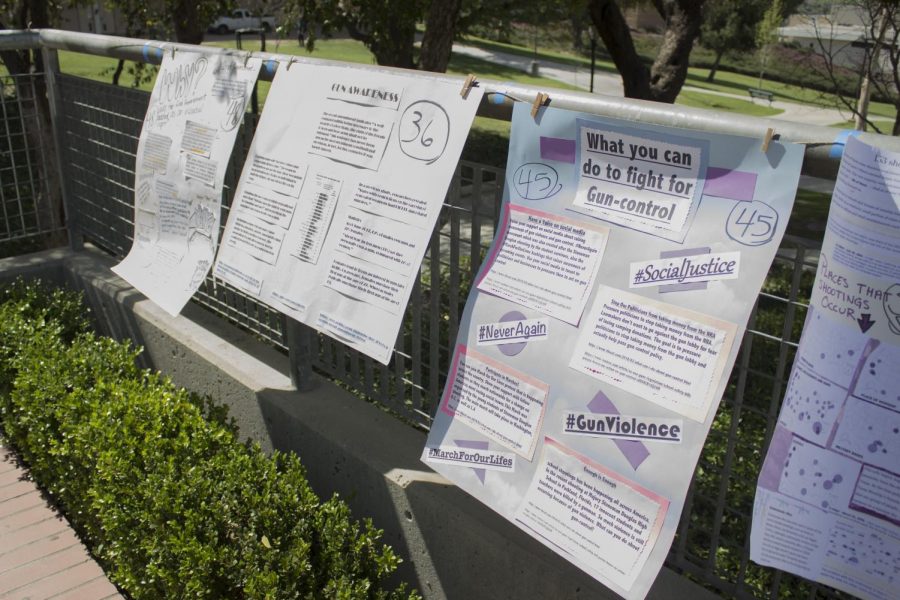Language is boring. It doesn’t shine; it doesn’t dance; it’s old. Throw culture into the picture and words take a peculiar turn. We all know those one or two people that like to say words differently; tomato, potato, Oregon, either and neither. Each pronunciation is correct, but there are actually words we tend to think we say correctly, but are absolutely wrong.
When I say a word is mispronounced, I’m not worrying about dialect or regional tongues in language, but mangled English.
Long-lived and short-lived seem to be innocuous words until you hear someone say them correctly. Most folks often assume the words are related to the verb “to live.” In fact, the “i” in both words is taken from the noun “life” such as “having a long life.” We then should be saying “long-LAHYVD” and “short-LAHYVD.”
Yes, very weird.
Another great example is the short word “err.” You most likely know the definition, to make an error or a mistake, but probably didn’t glance at the correct way of saying “err.” For some odd reason the pronunciation has transformed into “AIR” when it should be “UR,” which rhymes with “her.” For a clearer picture, imagine your sitting on a rock in a dark, quiet swamp. You hear “ACTION!,” cameras start rolling and a red neon sign lights up above your head. You suddenly hear sounds beside you: Bud-Weis…
For a very few, the English language is their forte. Here again, we’ve erred from our English fore-fathers and mothers. If you just said for-TAY you’ve been hoodwinked by your peers. “Forte” meaning strength or expertise is actually pronounced “FORT” such as the place where soldiers stay. “Forte” meaning loud in music is pronounced “for-TAY.” The first word we borrow from French, the latter from Italian.
It was once quipped to Groucho Marx, “You know, singing isn’t your forte,” to which Groucho replied, “I wish Knox were my forte.” The dialogue would make no sense if you didn’t know how to say “forte.”
How many of you say “mispronounce-iation” instead of the correct “mispronunciation?” You can’t blame these on Freud.
There is an old exchange between language expert, William Safire, and an old friend of his that illustrates the importance of correct verbiage. Someone Safire hadn’t seen in a long time said, “I’ve missed not seeing you.”
Safire then corrected, “Well, actually, you’ve missed seeing me.”
The friend then responded, “Maybe I was right the first time.”
Be prepared: If you start to pronounce these words correctly, people will give you an awkward stare, moments before they correct you, incorrectly.





